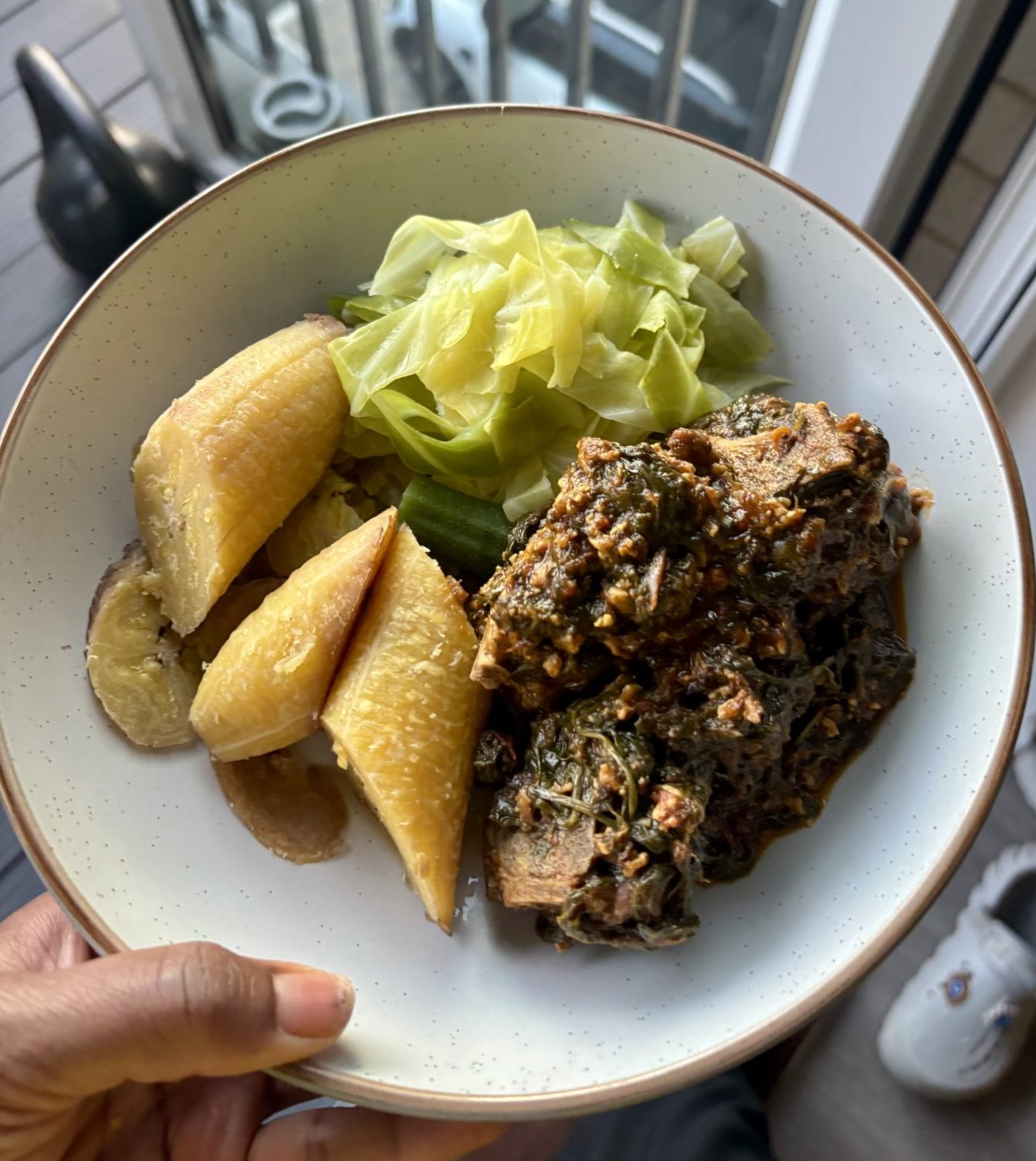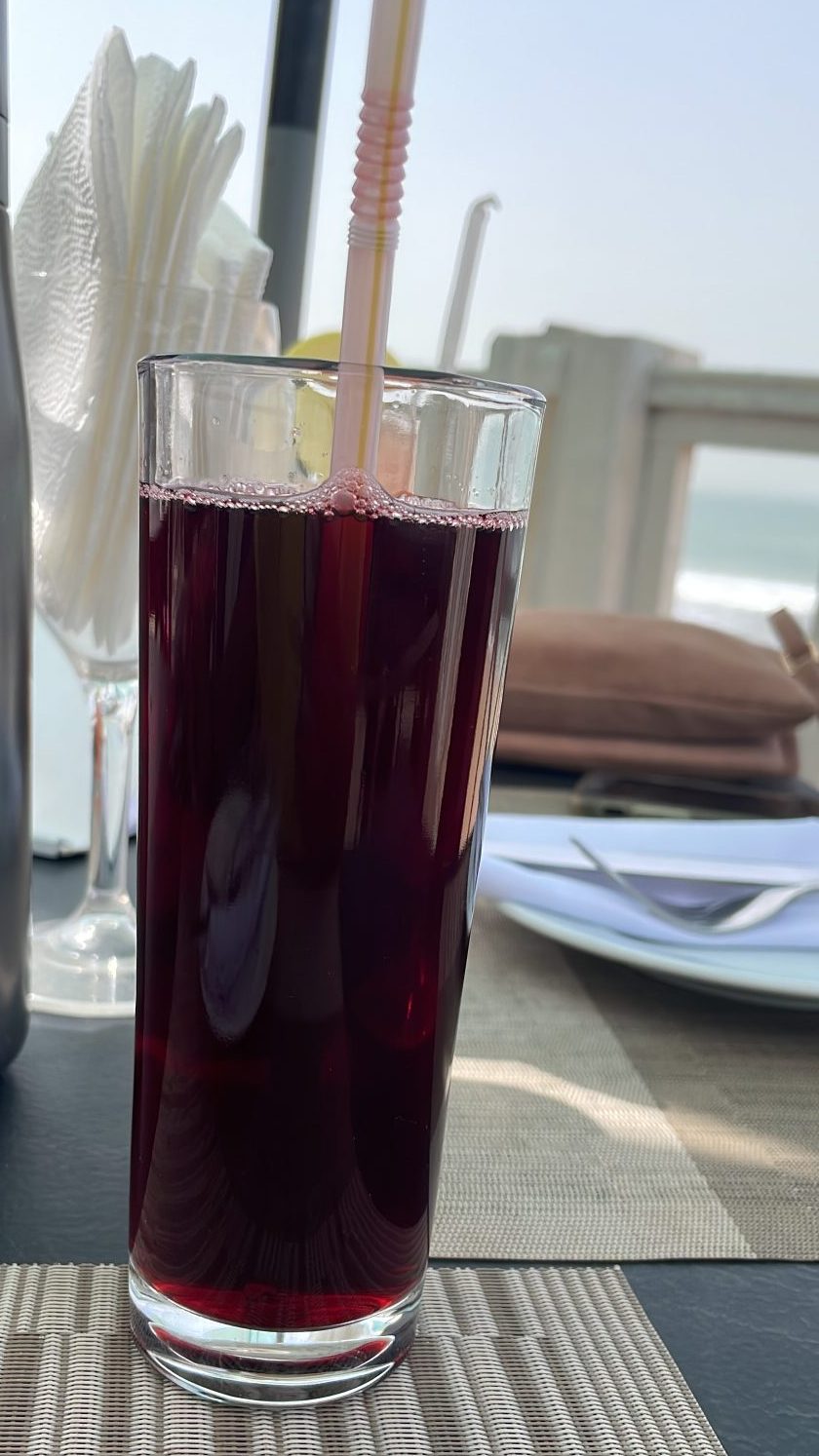At Carbon Nutrition, we believe that food is culture, medicine, and connection. Digestive health is at the heart of wellbeing, yet it’s often misunderstood or oversimplified. Your gut is not just where food is digested — it’s a living ecosystem that shapes your energy, immunity, and even your mood.
In this blog, Havana — a registered dietitian and writer — explores the principles of digestive wellness and highlights Afro-Caribbean foods that not only nourish the body but also celebrate heritage and flavour. By blending science with culture, Havana shows how gut health can be practical, empowering, and delicious.
What is Digestive Health?
When we talk about the gut, we’re really referring to the gastrointestinal (GI) tract — the long system of organs including the mouth, stomach, and intestines. Its main jobs are to break food down, absorb nutrients, and eliminate waste.
But the gut is so much more than a food-processing tube. It’s a powerhouse that shapes our immune system, supports mental health, and influences how we feel day to day.
In this article, we’ll explore the principles of good gut health and highlight Afro-Caribbean foods that can boost digestion and overall wellbeing.
Fibre and Hydration: The Basics
Two essentials for a healthy gut are fibre and hydration. They help food move smoothly through the digestive system and produce by-products the body can use elsewhere.
- Insoluble fibre acts like a broom, sweeping food through the gut and supporting healthy bowel movements.
- Soluble fibre forms a gel-like substance when mixed with fluids, helping lower cholesterol and stabilise blood sugar.
Tip: Fibre only works well if you’re hydrated. Fluids act as a natural lubricant and prevent constipation — especially when eating plenty of insoluble fibre. Studies even show that people with less constipation tend to have a healthier gut microbiota.
Diversity: A Team Effort Inside the Gut
Think of your gut as a behind-the-scenes team. Alongside tissues and fluids, the gut hosts trillions of microorganisms — collectively called the gut microbiota.
Different “team members” have different roles. For instance, Bifidobacteria help with carbohydrate metabolism, giving us energy.
We can support this ecosystem by eating:
- Probiotics → live microorganisms that directly add to our gut team.
- Prebiotics → fibre and compounds that feed the beneficial bacteria.
Afro-Caribbean Pantry Heroes for Gut Health
1. Okra
Okra’s famous “slime” is actually soluble fibre, which helps bind cholesterol and sweep toxins out of the gut. This frees up your digestive system to work more efficiently.
Enjoy it: Add to soups, stews, or curries — it’s a detox-supporting staple.
2. Plantain

Green or slightly unripe plantains are rich in resistant starch, a prebiotic fibre digested slowly in the large intestine. This provides long-lasting fuel for your beneficial gut bacteria.
Tip: For maximum gut benefits, try plantain that’s just turning yellow but still firm.
3. Breadfruit and Yam
Both breadfruit and yam are starchy staples with digestive perks. They’re high in complex carbohydrates and fibre, which promote steady digestion and long-lasting fullness. Yam in particular provides soluble fibre, while breadfruit contains antioxidants that support overall gut function.
Enjoy them roasted, boiled, or as part of hearty stews to keep your gut team fueled.
4. Bitter Leaf
Commonly used in African soups, bitter leaf is packed with fibre and phytonutrients that give it its sharp taste. These compounds also act as antioxidants, supporting enzyme activity in the gut.
Try this: Use bitter leaf in soups to add depth of flavour while nourishing your gut.
5. Ginger
A versatile spice in Afro-Caribbean cooking, ginger is rich in gingerols, compounds with anti-inflammatory properties.
- Supports faster stomach emptying (helpful for indigestion).
Use it: Simmer in tea, blend into juices, or stir into stews.
6. Clove
This aromatic spice is packed with eugenol, a compound with antimicrobial and anti-inflammatory properties. Clove can help reduce bloating, support enzyme activity, and protect the stomach lining.
Try this: Add whole cloves to rice, teas, or marinades for both flavour and gut support.
7. Sobolo/Zobo (Hibiscus / Sorrel Drink)
While not a fermented drink, this popular West African hibiscus beverage is rich in antioxidants and naturally hydrating. Proper hydration is essential for fibre to do its job in the gut, making sobolo a refreshing companion to fibre-rich meals.
Tip: Sip it chilled (with less added sugar and honey) to keep your gut and body hydrated.
It also makes a great non-alcoholic alternative to mulled wine

Sauerkraut & Kimchi (Honourable Mentions)
While not traditional Afro-Caribbean foods, sauerkraut and kimchi are widely available in most supermarkets and can be easily incorporated into Afro-Caribbean meals for extra gut support.
Both are fermented cabbage dishes rich in probiotics. Fermentation produces lactic acid, which helps beneficial lactic acid bacteria thrive. They’re also packed with vitamins A, B, C, and K, adding both nutrition and tangy flavour.
Try this:
- Swap half your creamy coleslaw for a spoonful of sauerkraut alongside rice and stew for a gut-friendly boost.
- Add kimchi as a spicy side to fried plantain and grilled fish, or mix it into a grain bowl with beans and vegetables for a fusion twist.
Key Takeaways
- Gut health is about more than digestion — it connects to immunity, energy, and mental wellbeing.
- Fibre + hydration are foundational.
- Diverse foods nurture diverse microbes.
- Afro-Caribbean ingredients like sauerkraut, okra, plantain, bitter leaf, and ginger are delicious ways to support gut health.
Your gut thrives on diversity, balance, and nourishment — and so does your plate. By leaning into everyday Afro-Caribbean staples like okra, plantain, bitter leaf, and ginger, you’re not only honouring tradition but also supporting the powerful ecosystem inside you.
At Carbon Nutrition, our mission is to make nutrition inclusive, evidence-based, and culturally relevant. Gut health isn’t about restriction or fad trends — it’s about making small, sustainable choices rooted in the foods you already love.
So next time you cook, think of it as feeding both yourself and your gut team — because a healthy gut is the foundation for energy, resilience, and long-term wellbeing.
References
- PMC: Health Benefits of Fermented Foods
- PMC: Gut Microbiota and Constipation
- ScienceDirect: Bitter Leaf Antioxidant Properties
- ScienceDirect: Ginger and Gastric Protection
- PMC: Ginger and Gut Health
Liked this blog? Have a read of “Fibre in an African-Caribbean Diet” for more tips on how you can reach your fibre goals.
This blog post has been made for information purposes only. It does not replace the advice given to you by your dietitian or registered health care professional.
For specialist advice please feel free to get in touch and book a free 10min consultation.
